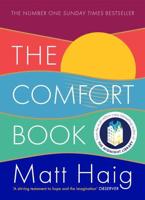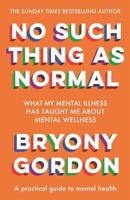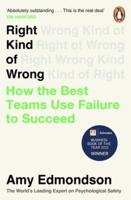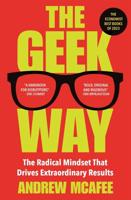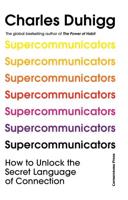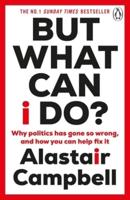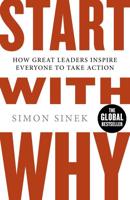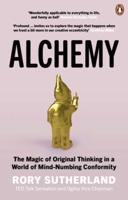Publisher's Synopsis
Defuse any heated conflict by learning which of the five conflict styles you are and how to resolve even the most sensitive dispute with this must-read guide.
The average American worker spends 156 hours a year engaged in the kind of moderate to intense workplace conflict that adversely impacts both performance and health. Managers spend twenty-six percent of their time addressing and resolving conflicts on their team-the equivalent of chewing up one full workday each week. But what if it didn't need to be like this? What if there was a way to spend less time in stressfully interpersonal interactions and more time on the things that really matter? Through three decades of building and facilitating team chemistry for Fortune 500 companies, professional sports franchises, schools, government agencies, nonprofit organizations, and families-Drs. Jim Guinn and John Eliot have reduced the time and cost of conflict resolution. With this on-the-ground experience combined with industry-leading science and research, Guinn and Eliot discovered people respond to conflict in one of five ways: avoid, compete, analyze, collaborate, or accommodate.
Because our responses are ingrained byproducts of the subcortex in action, they are predictable. If you can predict how someone will behave in a given circumstance, you can formulate a game plan. The secret is knowing which of the five patterns someone is wired to use when smacked by a stressor. How to Get Along with Anyone is a pragmatic hands-on book to help you determine conflict types so you can navigate the arguments that emerge in day-to-day life. You'll learn the formula for identifying your coworkers' and loved ones' conflict styles and how to use this information to foster better communication and more effective, collaboration.
Filled with fun, engaging examples and actionable techniques, How to Get Along with Anyone teaches you how to predict and prevent escalated conflict, arming you with practical tools for flipping the script on sticking points to nurture stronger and more meaningful relationships.



